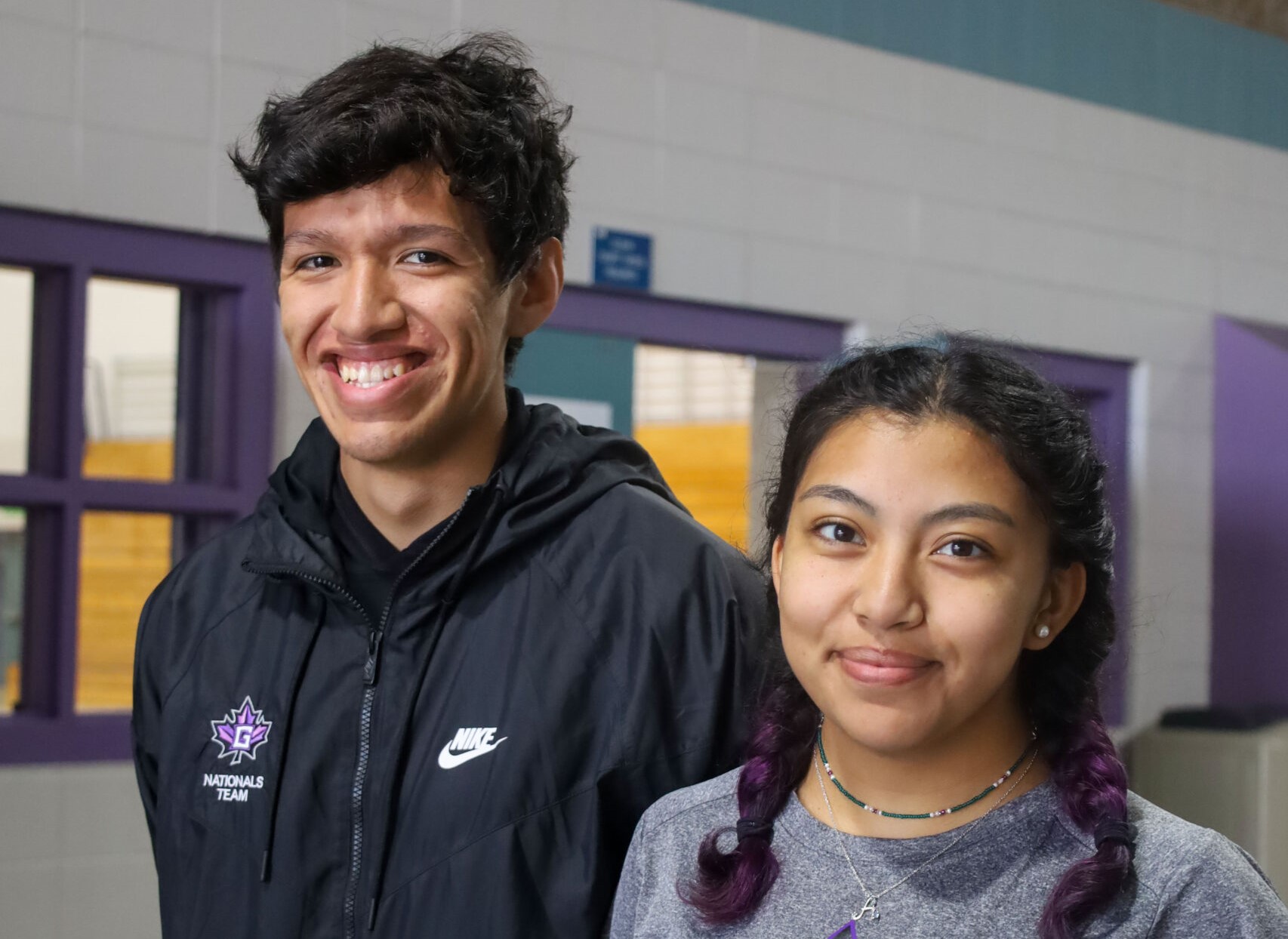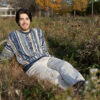When they came to Goshen College, Arleth Martinez and Manny Villanueva were not expecting to be involved with advocacy. They have since created One Circle, a group of GC students invested in spreading awareness and developing action plans around injustices within Indigenous communities.
“The name ‘One Circle’ comes from an Apache prayer,” Villanueva said, “one drum, one prayer, one circle.” He said the name is “cohesive” and applies to everyone: “No matter our origin, we are all united and brought together.”Martinez and Villanueva’s inspiration to start the group came from their experience in Arizona last summer, where they visited reservations and met with Senior Apache Leader Wendsler Nosie.
They developed a relationship with Nosie, getting the chance to run with him while in the Southwest, and Nosie’s ideas resonated with them. These ideas also motivated them to speak out about Oak Flat, a section of historical Apache land in Pinal County, Arizona.
One Circle has sought to spread awareness about Apache Stronghold v. United States, a court case attracting media attention due to protests in support of Indigenous people living in Oak Flat.
A proposed mining operation, Resolution Copper, lays out a multi-decade plan for the area. Many argue that it would boost the economy and advance green energy, but the Apache people and their advocates maintain that the mine would be destructive to the land and devastating to local communities. The case will determine if the mine will be allowed on the reservation.
Martinez’s time in Arizona led her to present on it in February to the Coalition for Dismantling the Doctrine of Discovery. Pueblo (Tawa) descendant Sarah Augustine founded the coalition. She previously spoke at a GC convocation in November and went on to encourage Martinez and Villanueva to start the advocacy group on campus.
On March 21, One Circle organized a walk to the Goshen Dam Pond to support the “Oak Flat Prayer Movement,” and they have also worked with local churches to show support for land protection.
The hope is that they can “offer a committed space to support Indigenous people’s voices,” Martinez said. She is also considering shifting One Circle into an intercultural student group, so that future students can have a “place where they belong” on campus.
According to Martinez, another goal of One Circle is to provide a space for GC students to discuss injustices in Indigenous communities. She hopes to “educate a group of people who return to their communities wanting to create their own change.”
Advice from Augustine has also been essential to One Circle’s advocacy. GC acknowledges its residence on the “traditional land of the Potawatomi and Miami Peoples past and present,” but does not serve any students with an indigenous heritage.
“[We] aren’t Indigenous people,” Villanueva said, “so how do we create a group that is a voice for indigenous people?”
“We don’t want this group to have a savior complex,” Martinez said. “We want to be allies and support other movements around Indigenous people and their land rights.”
One Circle meets on the first and third Monday of each month in the Leadership Hub. More information will continue to be posted to their Instagram account, @onecirclegc and the communicator.




